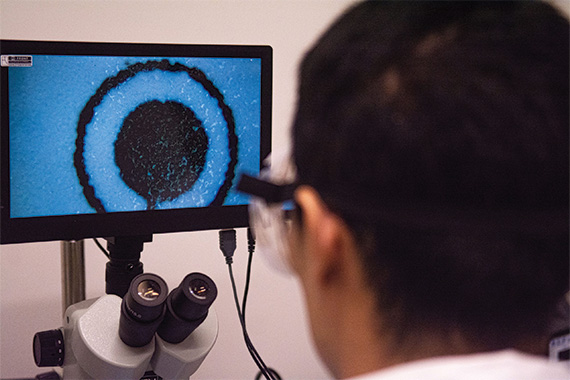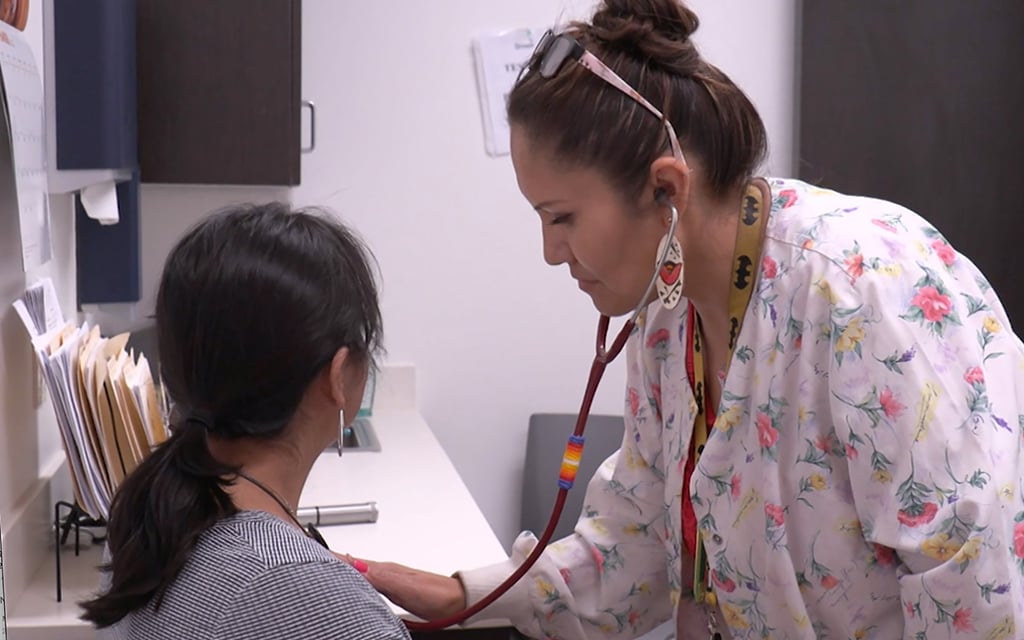In the latest news on cancer research, the World Health Organization (WHO) projects a staggering 77% increase in global cancer cases by 2050. This forecast, released by WHO’s International Agency for Research on Cancer, paints a concerning picture of the future burden of cancer worldwide.

Global Cancer Diagnoses Set to Reach 35 Million by 2050
In the latest news on cancer research, the WHO report warns that global cancer diagnoses will rise to 35 million by 2050 from 20 million in 2022. This rise emphasizes the need for coordinated cancer treatment.
One glaring aspect highlighted by the report is the disparities in cancer burden and access to care, particularly between developed and developing nations. Inequities in diagnosis rates, treatment access, and survival outcomes persist, underscoring the urgent need for targeted interventions to bridge these gaps.
The disparities extend beyond diagnosis and treatment, encompassing essential services such as radiation therapy and stem cell transplants. WHO’s findings from the latest news on cancer research underscore the imperative for global collaboration and investment in cancer care infrastructure to ensure equitable access to quality services for all individuals, regardless of geographic location or socioeconomic status.
READ ALSO: Diagnose Lung Cancer: Blood Tests Offer Promising Pathway to Precision Detection
Driving Factors Behind Rising Cancer Rates
Several factors are identified as driving the anticipated surge in cancer rates, including the prevalence of obesity, tobacco use, alcohol consumption, and environmental factors like air pollution. Addressing these modifiable risk factors through comprehensive public health interventions remains pivotal in mitigating the escalating burden of cancer globally.
Amidst the grim projections from the latest news on cancer research, there’s a renewed emphasis on cancer prevention, early detection, and innovative treatment modalities. Initiatives like President Joe Biden’s Cancer Moonshot effort underscore the importance of concerted action and collaboration across sectors to advance cancer research, improve treatment outcomes, and reduce cancer-related morbidity and mortality.
READ ALSO: British Journal of Sports Medicine: New Study Links Cardio Fitness to Reduced Prostate Cancer Risk



